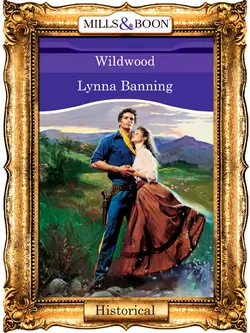Wildwood

Lynna Banning
Тип: электронная книга
Жанр: Современная зарубежная литература
Язык: на английском языке
Стоимость: 382.20 ₽
Статус: В продаже
Издательство: HarperCollins
Дата публикации: 16.04.2024
Отзывы: Пока нет Добавить отзыв
О книге: In Wildwood Valley, Trouble Wore a Badge enticingly pinned to Sheriff Ben Kearney′s broad, muscular wall of a chest – and Jessamyn Whittaker was determined to find a way around it.But how could she, when just looking at the man put her at a loss for words? The day Jess Whittaker stepped off the stage, Ben Kearney knew he was in for a hell of a ride. The woman had not only inherited her father′s nosiness, but boasted her own special talent for trouble – and a real knack for dragging him into the thick of it!